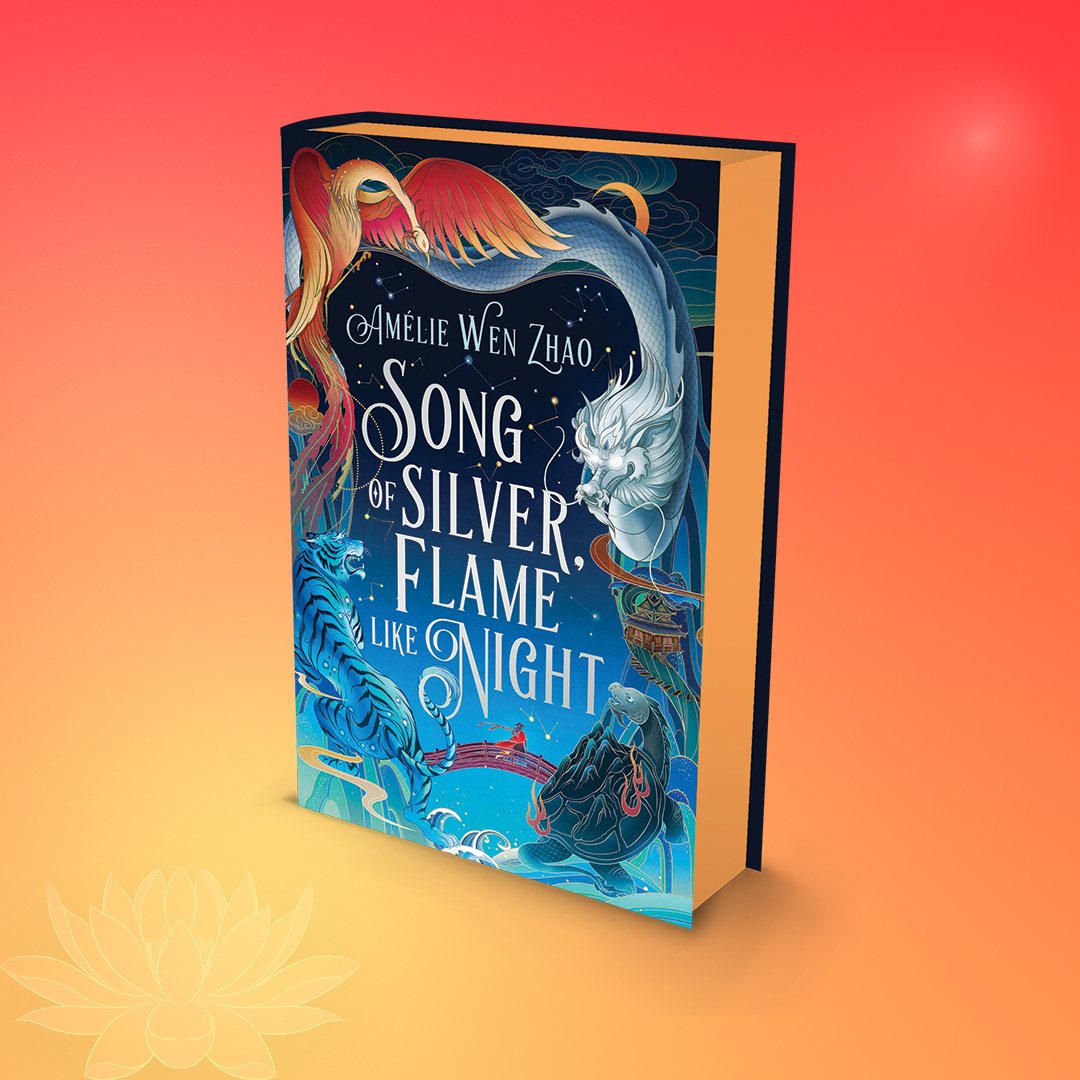
“Too little, and you fall to those with more power than you - in this case, the external colonizers that came and conquered the land. “There has to exist some form of balance instead of extremes and absolutes,” Zhao says.

Zhao says the questions that drive the story are inspired by the Chinese philosophy of yin-yang. This period of imperialism inspired the central questions at the heart of “Song of Silver, Flame Like Night.” To what length will people go to reclaim power when it’s taken from them? And what will it cost them when they do take that power? It lives and breathes through the generations of us and shapes who we are.” “That’s when I realized that history is not so distant to us after all. And my grandma was a war orphan who fled her home in Kaifeng, Hunan to escape the invading Japanese forces,” Zhao says. “Some of my earliest and fondest childhood memories were of me perched on my grandmother’s lap in her courtyard house, listening to the stories of her life. The ensuing turmoil ensnared Zhao’s own family, something she learned about while growing up in Beijing.


The story within “Song of Silver, Flame Like Night” is inspired by a a dark chapter of history during what was known as China’s century of humiliation, a period that began with the Opium Wars in 1839, after which Chinese land was annexed by Western and Japanese powers. Fearing that the genre would stir anti-imperial sentiment, Zhao says several Chinese dynasties restricted these types of works. Zhao adds that xianxia and wuxia primarily arose from common folk rather than the imperial class or nobility. Amélie Wen Zhao (Courtesy of Charlotte Yuyin Li)


 0 kommentar(er)
0 kommentar(er)
